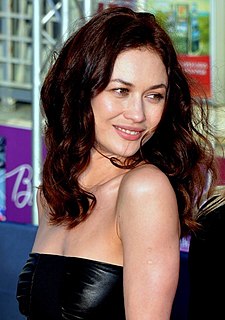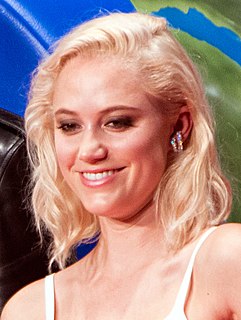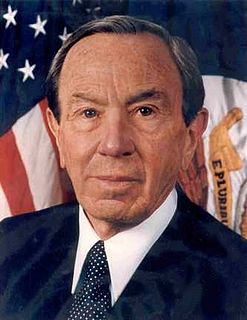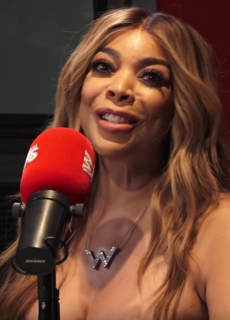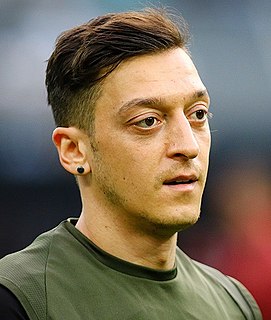A Quote by Olga Kurylenko
My mom Marina and I were poor and hungry. We could sometimes not afford to eat - seriously. We lived together in a small town, called Berdyansk, in Ukraine. I was an only child. I don't think we would have survived if there had been more kids.
Related Quotes
I went over to see Marina two or three or four times a week. I knew as long as I could see the girl I would be all right…. Soon after, I got a letter from Fay. She and the child were living in a hippie commune in New Mexico. It was a nice place, she said. Marina would be able to breathe there. She enclosed a little drawing the girl had made for me.
If I lived where I live right now, and my kids were in middle school, they would be the only white kids in the school. That is not a burden I wanted to place on them. My preference would have been a school that was totally diverse - half and half, or close. I wouldn't have hesitated at all if they would have been in the racial minority. But to be the only white kids: I don't think that would have been fair to them.
I grew up in a small town with a very small library. But the books in the library opened a large place in my heart. It is the place where stories live. And those stories have been informing my days, comforting my nights, and extending possibilities ever since. If that library had not been there, if the books - such as they were - had not been free, my world would be poor, even today.
What's the greatest enemy of Christianity to-day? Frozen meat. In the past only members of the upper classes were thoroughly sceptical, despairing, negative. Why? Among other reasons, because they were the only people who could afford to eat too much meat. Now there's cheap Canterbury lamb and Argentine chilled beef. Even the poor can afford to poison themselves into complete scepticism and despair.
I grew up with this crazy upbringing of living many places and always being the new kid in town, not like a service brat where you're always going to school with other new kids in town. I was constantly arriving in small towns and going to school with kids who'd been together since they were in kindergarten.
I said I didn't think it would be a collectivist state so much as a wilderness in which most people lived hand to mouth, and the rich would live like princes - better than the rich had ever lived, except that their lives would constantly be in danger from the hungry predatory poor. All the technology would serve the rich, but they would need it for their own protection and to assure their continued prosperity.
I would always sneak in the refrigerator and eat seconds, and underneath my bed - you know, I had my own bedroom - it was littered with Twinkie wrappers and Jolly Rancher wrappers. And I would sneak-eat, because I was denied food, not because I was hungry, but because my mom and dad did the best they could in 1970 and '71 and '72.
